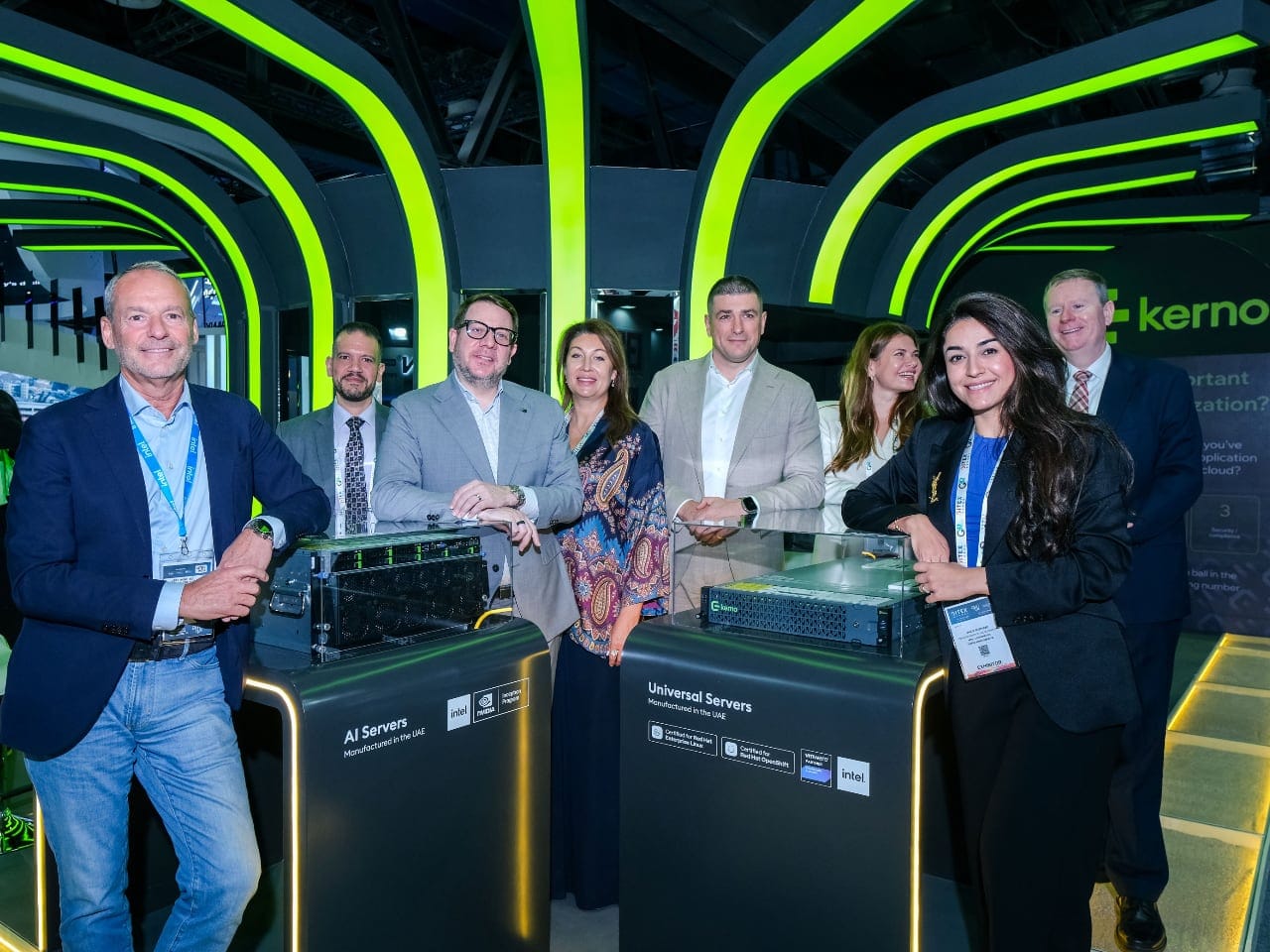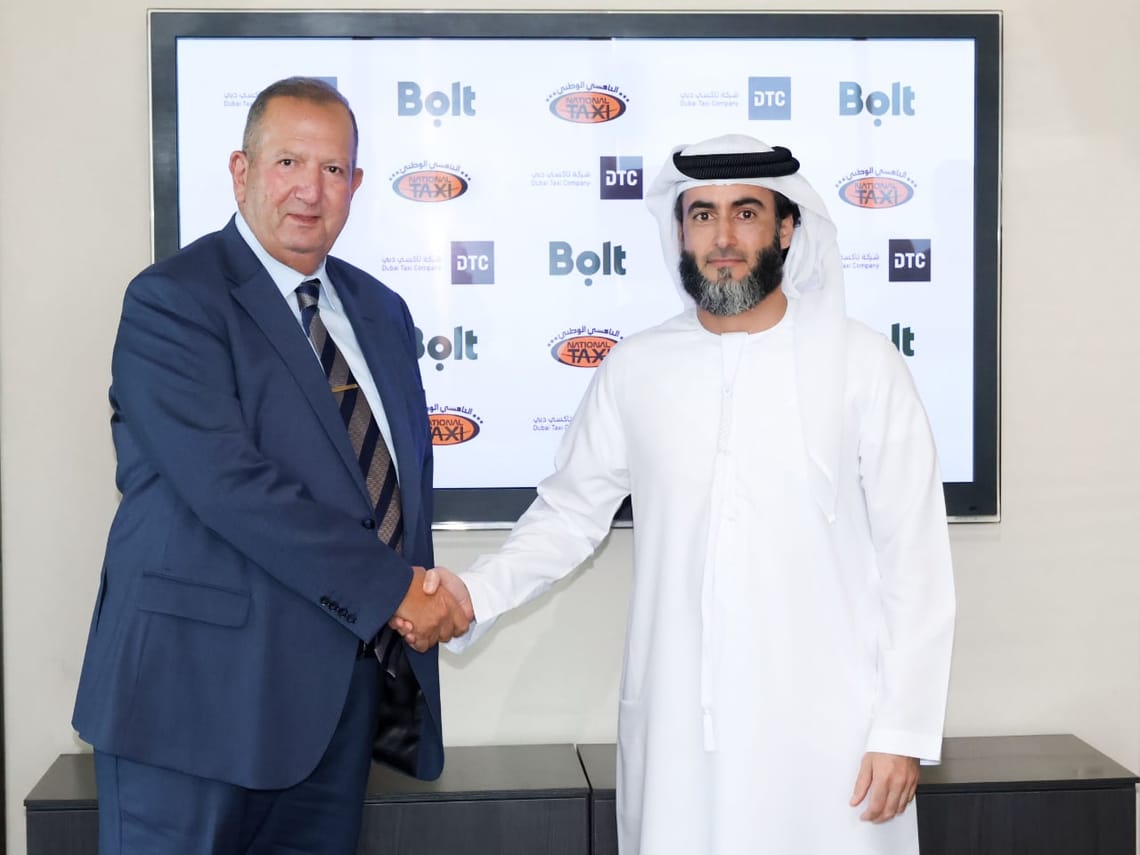- Kerno and Intel signed an MoU on 27 October 2025 in Dubai.
- Focus is on enterprise-class servers for AI, universal and edge workloads.
- Production is at Kerno’s Dubai Silicon Oasis facility.
- Target capacity is up to 60,000 servers a year, with SMT and automated assembly.
- Announced during GITEX GLOBAL 2025.
Kerno Enterprises FZE, based in Dubai, has signed a Memorandum of Understanding with Intel to co-develop and manufacture enterprise servers in the UAE.
The deal supports the “Made in the Emirates” push, with production set for Kerno’s factory at Dubai Silicon Oasis. The systems will target mission-critical government and enterprise use, plus AI and edge deployments across the Middle East. The partnership was unveiled at GITEX GLOBAL 2025.
What the Kerno–Intel MoU actually covers
Kerno and Intel plan to design and build enterprise-class servers using Intel technologies. The goal is to serve the UAE and wider region with hardware that’s specified, produced and supported locally.
- MoU signed in Dubai on 27 October 2025
- Joint development of AI, universal and edge servers
- Enterprise and government use cases in focus
Intel’s Taha Khalifa calls it a push for “high-efficiency, scalable computing solutions.” Kerno’s CEO, Christopher Caswell, frames it as a secure, high-performance infrastructure built in the UAE for regional needs. Both point at the same thing: less import friction, more local control.
Why this matters for UAE buyers
Local manufacturing changes lead times and control. For the public sector and sensitive industries, that also means clearer support paths and more predictable service.
- Shorter delivery and replacement cycles inside the UAE
- Local support and engineering for mission-critical systems
- Tighter alignment with national digital goals
With systems built in Dubai, the turnaround from spec to rack should shrink. That helps everything from AI pilots to brownfield upgrades. It also fits the UAE’s aim to grow high-tech production at home.
The factory and capacity
Production is planned at Kerno’s facility in Dubai Silicon Oasis. The site combines SMT lines with automated assembly, which is how you scale server builds without losing consistency.
- Location: Dubai Silicon Oasis
- Process: SMT and automated assembly
- Capacity: up to 60,000 servers per year
If Kerno hits that volume, the UAE gets a credible local source for enterprise hardware. It won’t replace global plants, but it can handle regional demand and custom SKUs with less shipping drama.
What kinds of servers to expect
The release highlights AI, universal and edge portfolios. In plain English: a mix of heavy compute boxes, general-purpose racks, and compact systems for sites where space and power are tight.
- AI servers for training and inference workloads
- Universal servers for classic enterprise stacks
- Edge servers for on-site processing closer to data sources
Expect designs aimed at government, telco, energy, finance and large enterprises. The sizing and features will vary, but the promise is straightforward: Intel platforms, tuned for regional requirements, built and supported here.
Announced at GITEX GLOBAL 2025
The tie-up was revealed during GITEX GLOBAL 2025, where Kerno showed its secure AI, universal and edge servers along with the manufacturing process to regional stakeholders.
- Public reveal at GITEX GLOBAL 2025 in Dubai
- Live demos of server lines and production capability
- Target audience: regional decision-makers and partners
If you were walking the halls at GITEX, you saw the direction: more local capacity, less dependence on long supply chains. That theme has been everywhere this year.
What did Kerno and Intel sign?
A Memorandum of Understanding to co-develop and manufacture enterprise-class servers in the UAE for AI, universal and edge workloads.
Where will the servers be built?
At Kerno’s manufacturing facility in Dubai Silicon Oasis.
How many servers can the plant produce?
The target capacity is up to 60,000 servers per year.
Who are these systems for?
Mission-critical government and enterprise customers across the UAE and Middle East, plus organisations rolling out AI and edge projects.
When was the collaboration announced?
27 October 2025, during GITEX GLOBAL 2025 in Dubai.
Related reading on tbreak
- e& and Intel’s AI Centre of Excellence plan in Dubai (useful context on Intel’s UAE focus): https://tbreak.com/e-and-intel-ai-centre-of-excellence-uae/
- Intel’s latest server CPU roadmap: Xeon 6+ “Clearwater Forest” overview: https://tbreak.com/intel-xeon-6-plus-clearwater-forest-18a-darkmont/
- AMD + Kerno’s “Made in the Emirates” push, announced at GITEX 2025: https://tbreak.com/amd-kerno-made-in-the-emirates-ai-infrastructure-gcc/
Subscribe to our newsletter to get the latest updates and news















Member discussion